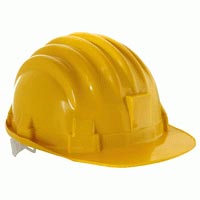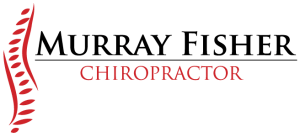 Over the years there has been some alarmist information in the media about the risks associated with chiropractic care, particularly claims of chiropractic adjustments causing strokes. Regarding this latter claim, some researchers have proposed that the vertebral artery, which runs through the neck, may be torn when a person receives a chiropractic adjustment.
Over the years there has been some alarmist information in the media about the risks associated with chiropractic care, particularly claims of chiropractic adjustments causing strokes. Regarding this latter claim, some researchers have proposed that the vertebral artery, which runs through the neck, may be torn when a person receives a chiropractic adjustment.
However, in an extensive Canadian study that examined the relationship between strokes and chiropractic care, it was demonstrated that people were in fact at higher risk of having a stroke after a visit to a medical doctor than a chiropractor (Cassidy et al., 2008). Researchers have proposed that this connection between stroke and visits to a medical doctor or a chiropractor is due to the fact that these people already have a stroke in progress which is causing them head and neck pain which in turn leads them to see a chiropractor or medical doctor. In other words, the stroke precedes the visit to the chiropractor or medical doctor, rather than being a consequence of the visit.
Very rarely, there are people who have a pre-existing connective tissue irregularity that could predispose them to suffering a stroke from a chiropractic adjustment. To put this into perspective, however, people who have developed a stroke due to this rare condition have also had strokes associated with the following situations (Haldeman et al., 1999):
[su_list_fav]
- looking up
- household tasks
- turning their head while driving
- sneezing
- painting the ceiling
- reversing the car
- getting their hair washed at the hairdresser
- sexual intercourse
- yoga
- amusement rides
- violent coughing
- archery
- wall papering
- swimming
- playing basketball or tennis
[/su_list_fav]
Scientists believe that this rare predisposition, combined with the position of the head and sudden movement, makes the arteries in their neck prone to damage.
Chiropractors are very well trained to screen people for contraindications to receiving spinal adjustments.
References:
Cassidy JD. et al. Risk of vertebrobasilar stroke and chiropractic care: results of a population-based case-control and case-crossover study. Spine 2008;33(4 Suppl):S176-183.
Haldeman S. et al. Risk factors and precipitating neck movements causing vertebrobasilar artery dissection after cervical trauma and spinal manipulation. Spine 1999;24(8):785-794.

